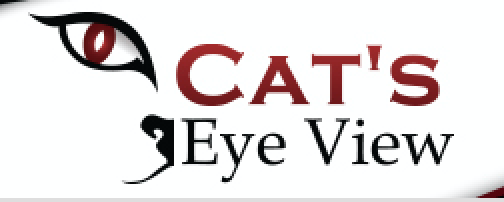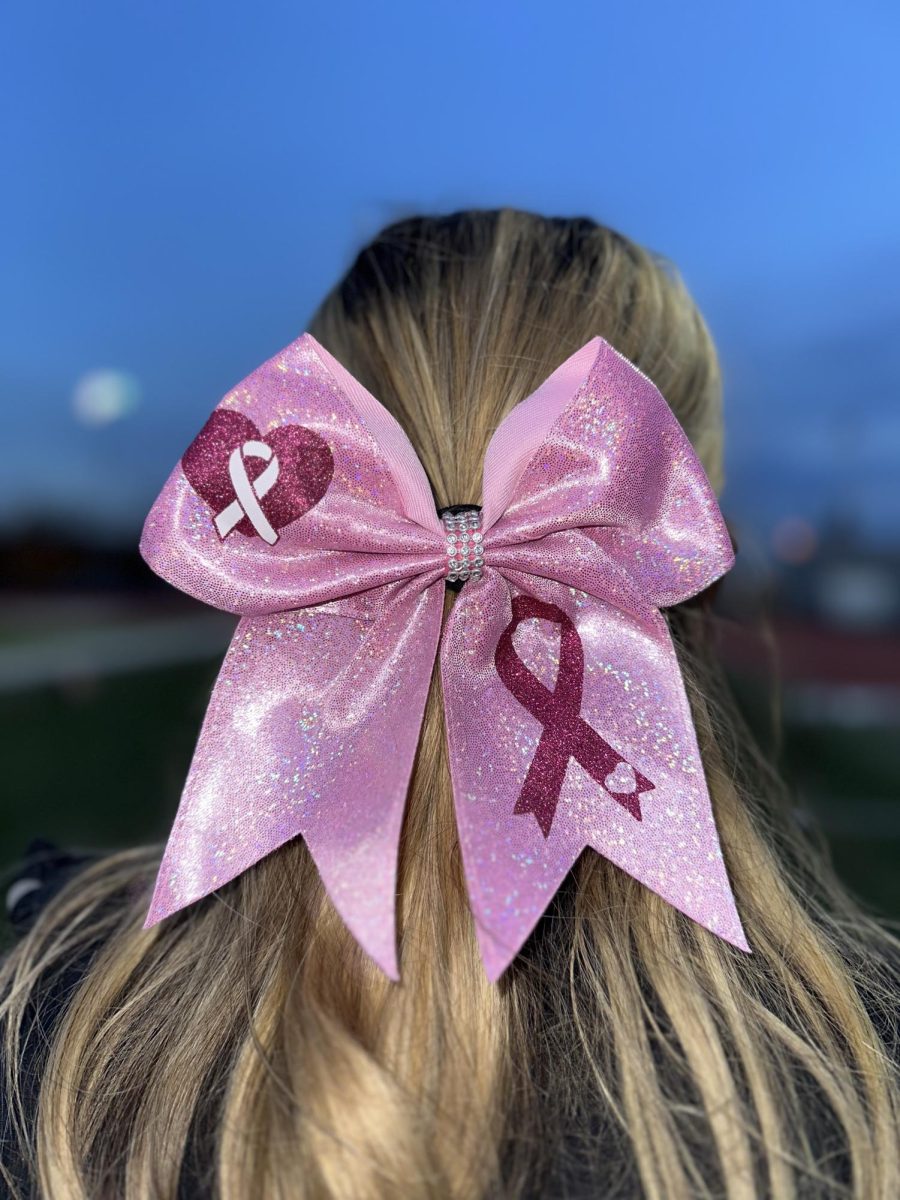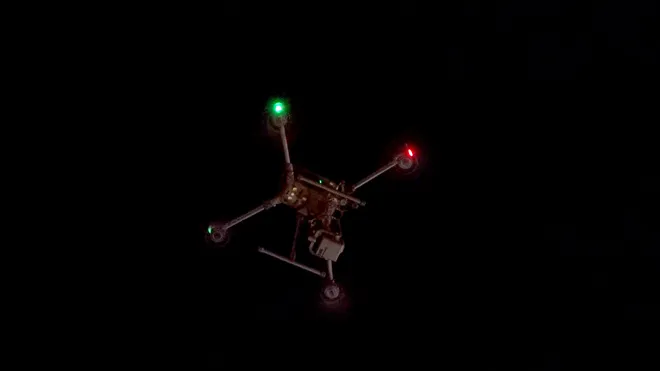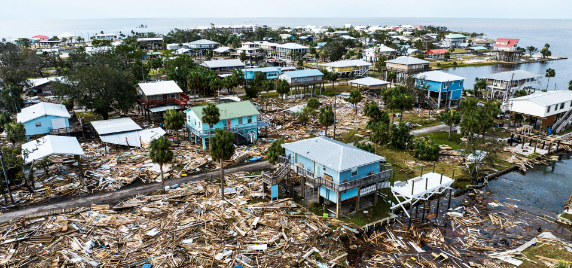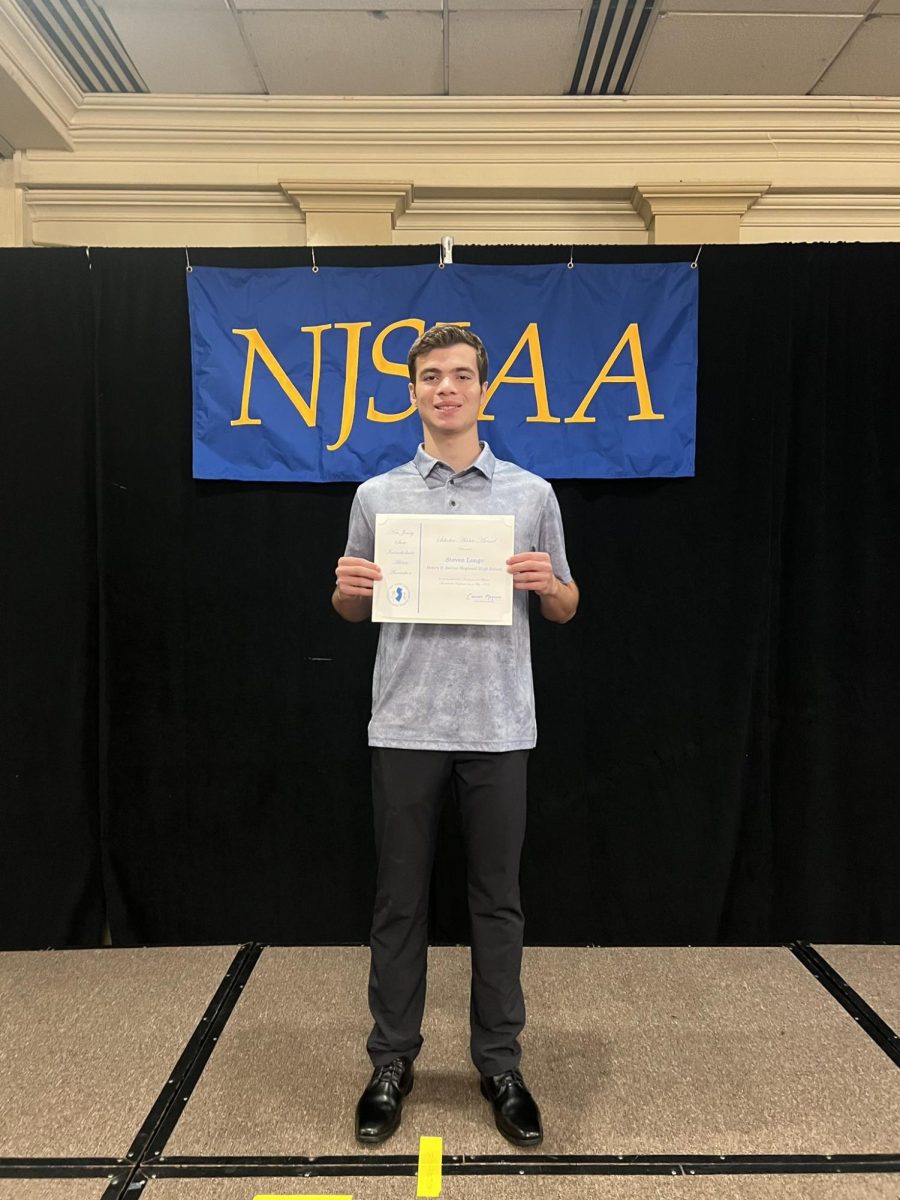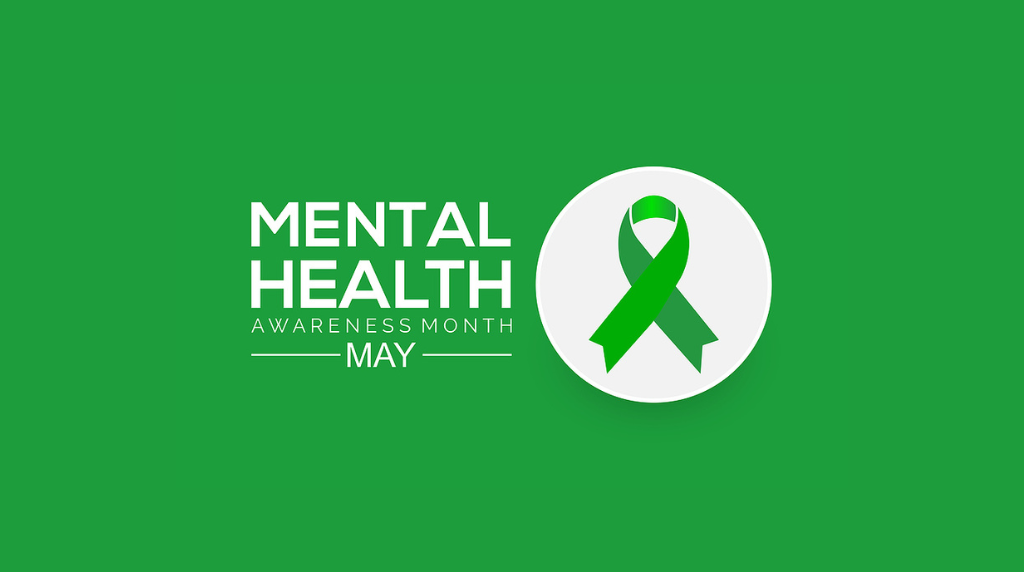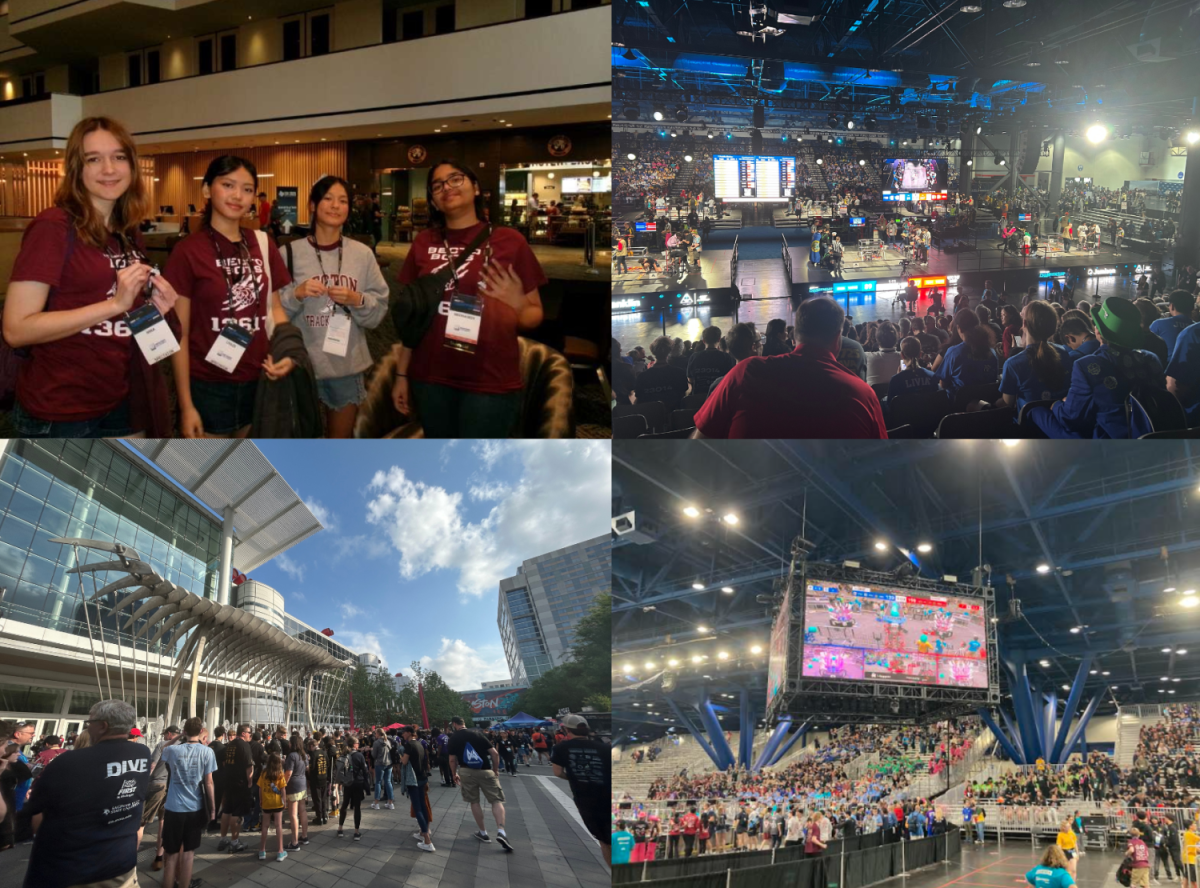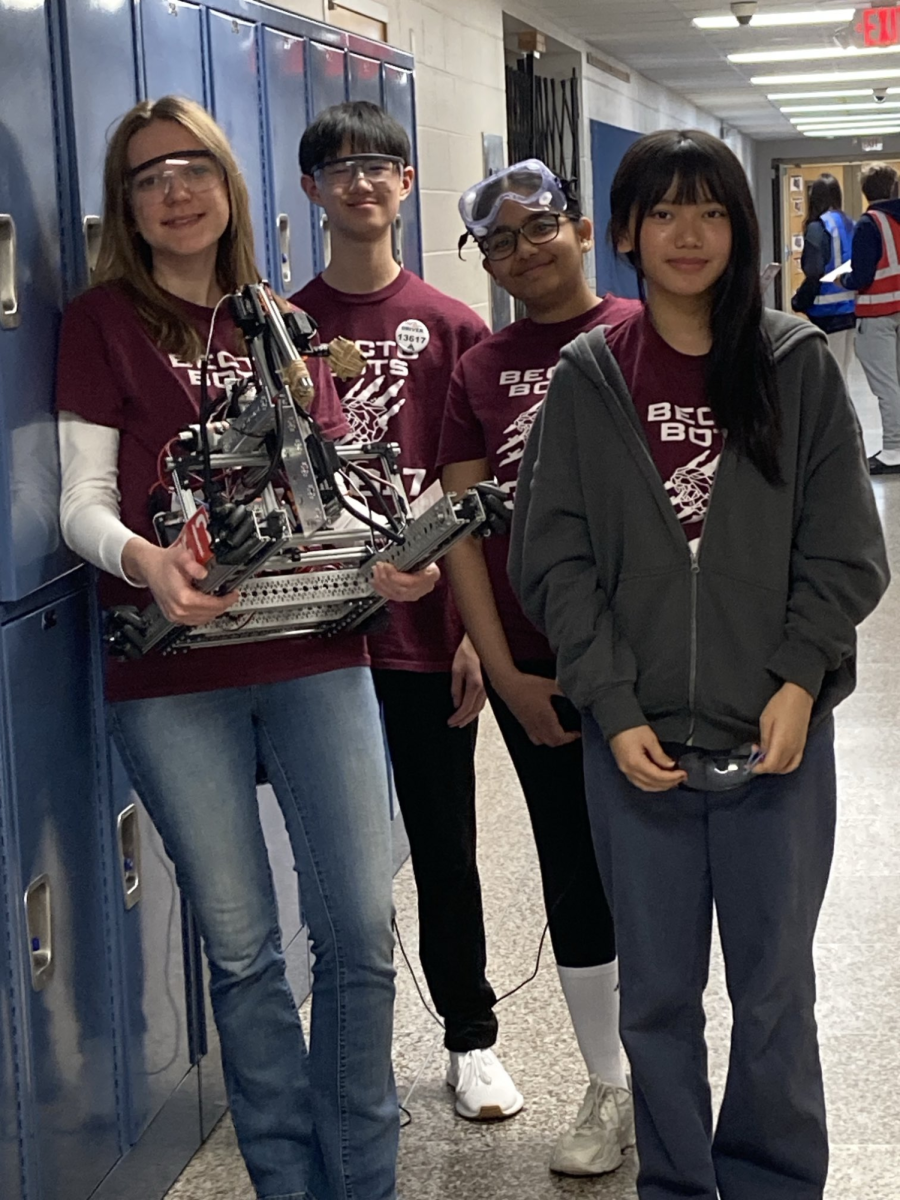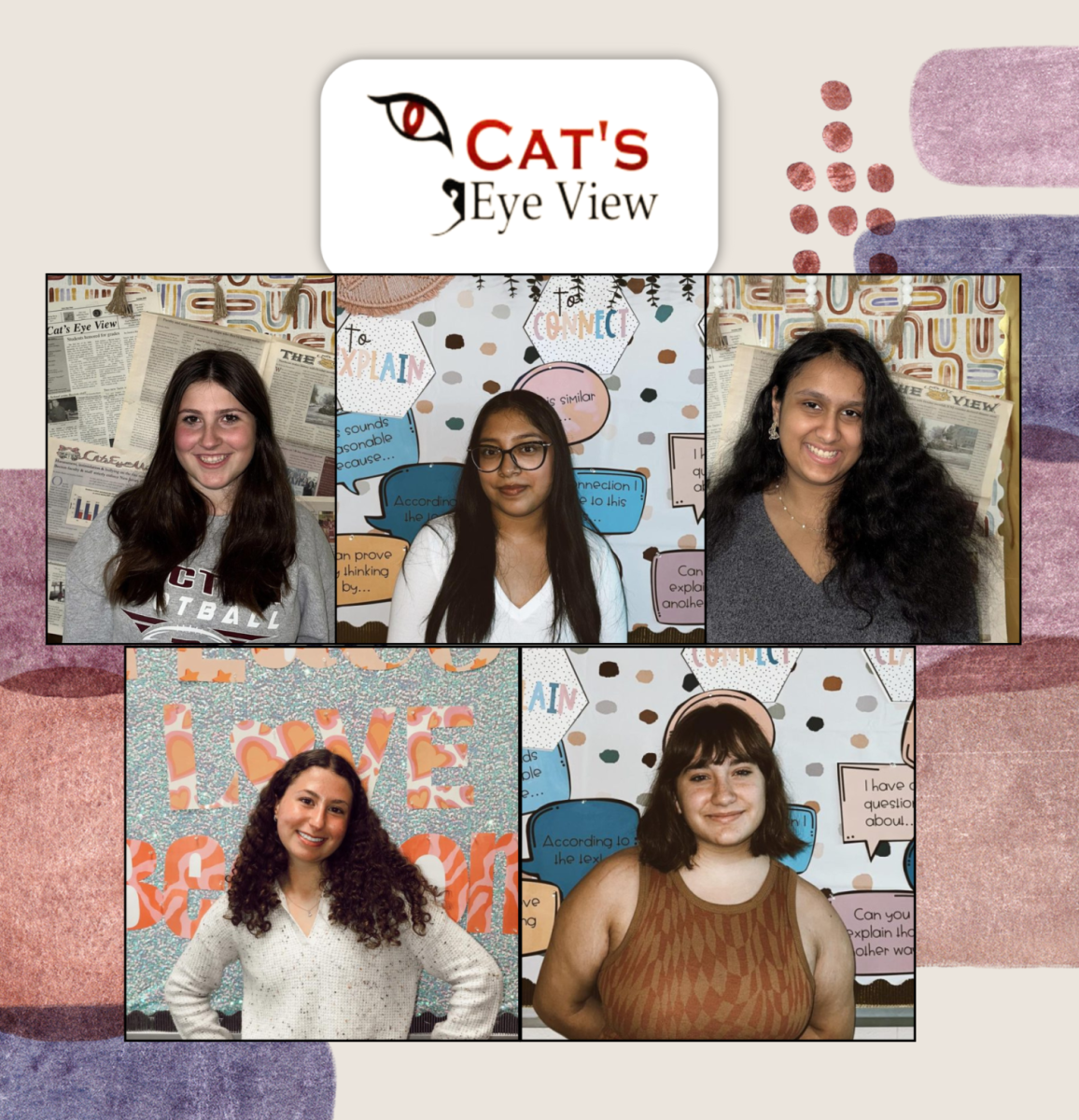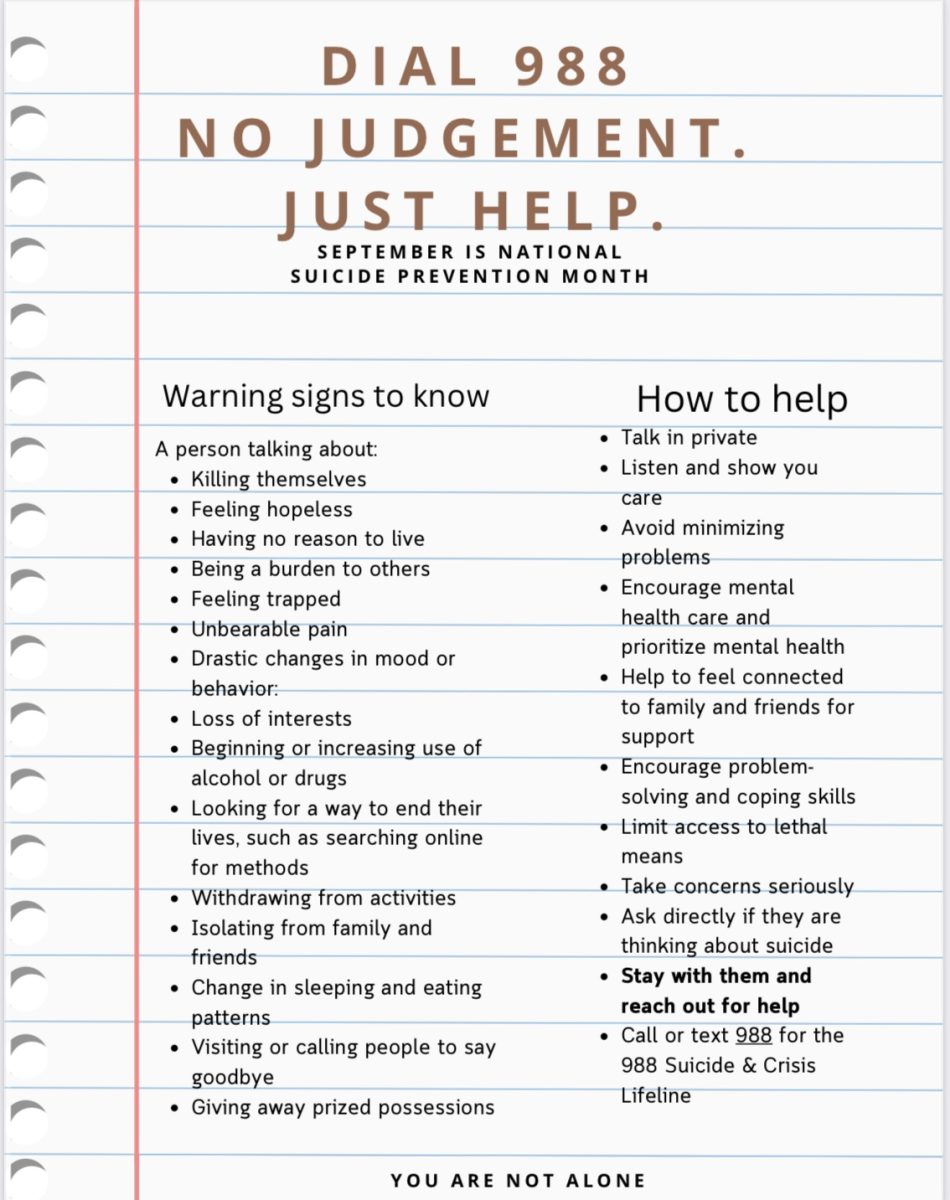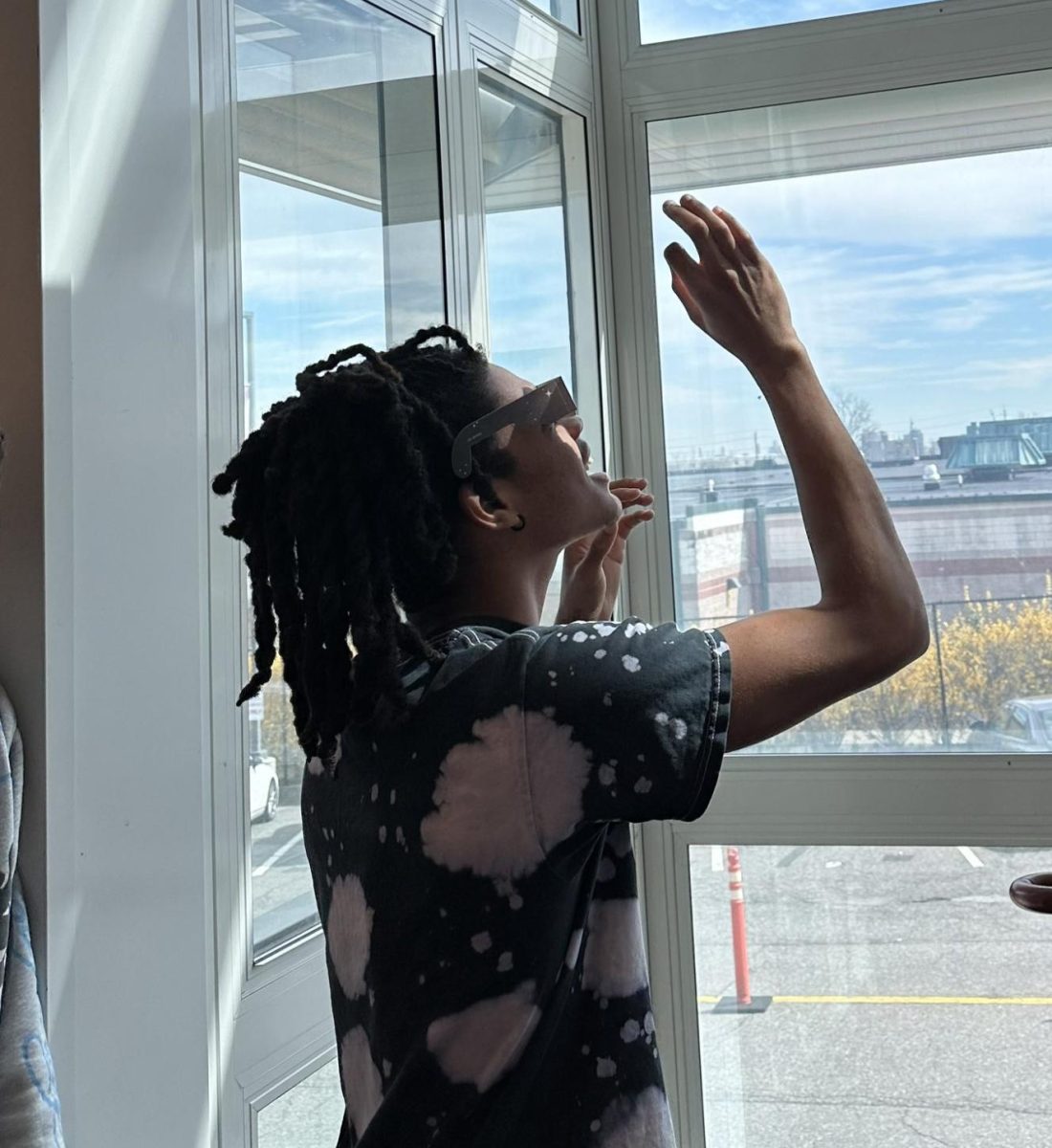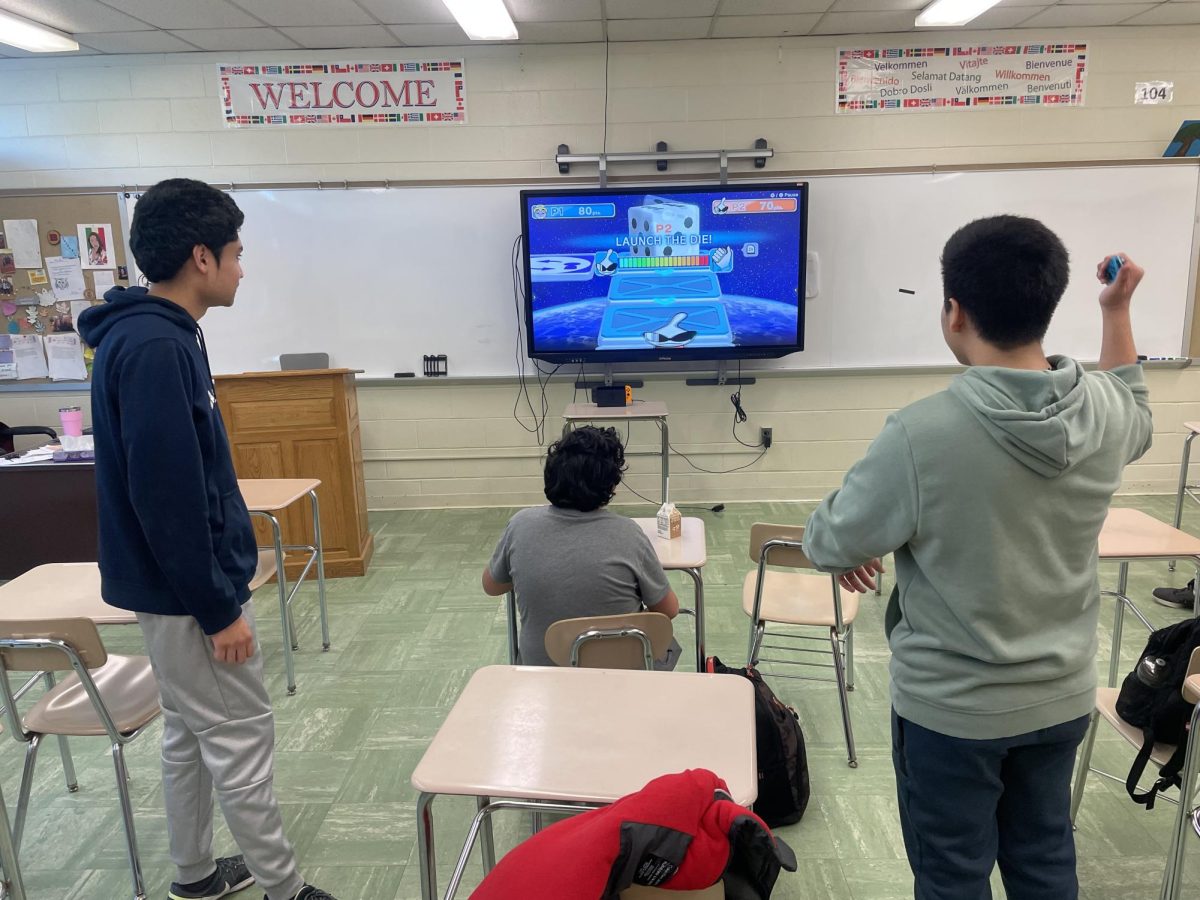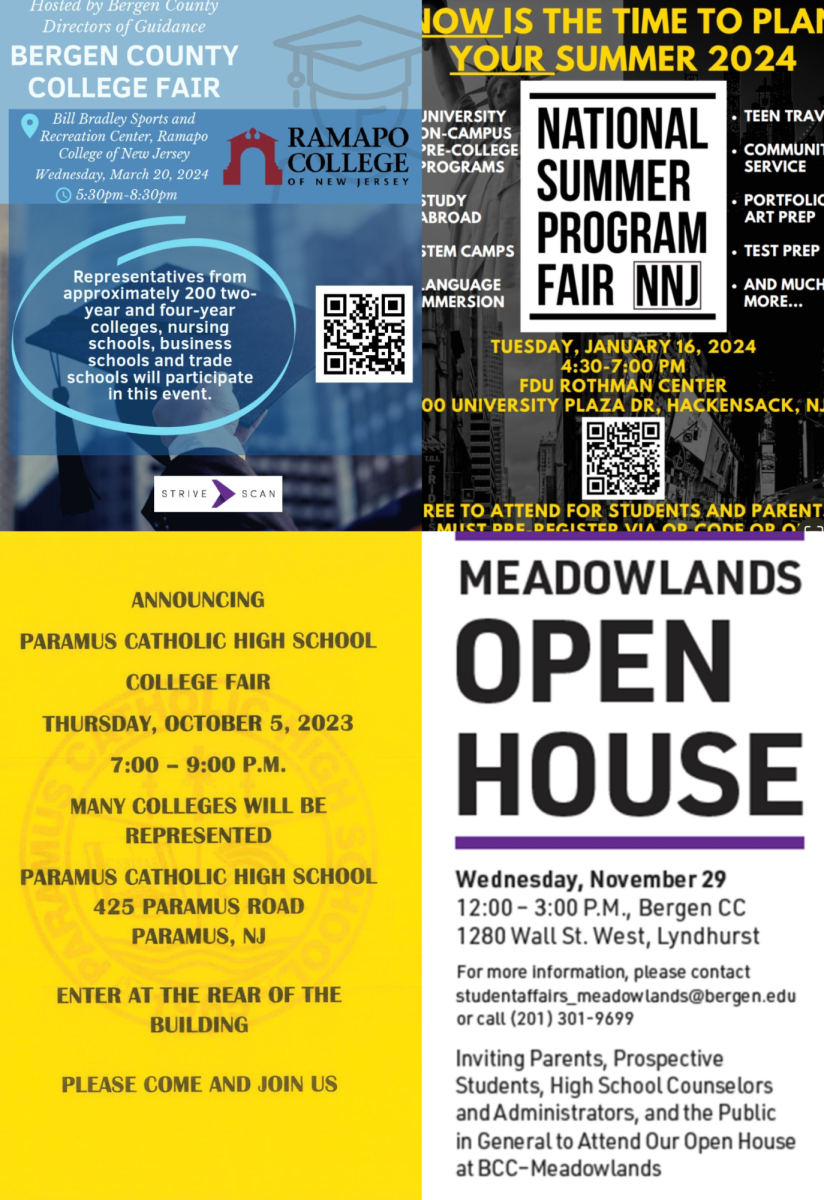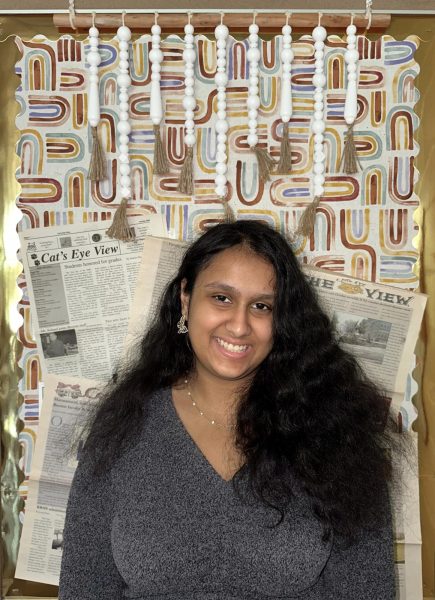October is Breast Cancer Awareness Month, defined by Montclair University as “an annual international health campaign organized by major breast cancer charities every October to increase awareness of the disease and to raise funds for research into its cause, prevention, diagnosis, treatment and cure.” It is a time for reflection, for spreading knowledge and for supporting those who are struggling in the wake of this disease.
National Breast Cancer Awareness Month in America was started in 1985 as a week-long campaign by the American Cancer Society and the pharmaceutical division of Imperial Chemical Industries to encourage more women to get mammograms. This push was largely brought about by Betty Ford, a breast cancer survivor herself. Ford was diagnosed when her husband was in office and used her reach to break societal norms of that time and share her diagnosis with the public.
This transparency caused something called the ‘Betty Ford Blip’, where there was a 15% increase in breast cancer diagnoses because so many women were getting screened for the first time. In her words at a dinner for the American Cancer Society, Ford said she felt the need to go public with her diagnosis because “…one day I appeared to be fine and the next day I was in the hospital for a mastectomy. It made me realize how many women in the country could be in the same situation.”
Important Facts at a Glance:
- 1 in 8 US women will develop breast cancer over her lifetime.
- Breast cancer is the most common cancer in women, and the second most common cancer worldwide.
- Breast cancer can be in situ, which means that it’s only in the milk duct and hasn’t spread to the surrounding areas, or they can be invasive, which means that it’s a more aggressive cancer that has spread to the surrounding breast tissue.
- Even though women make up the majority of breast cancer cases, men can get it too. In 2024, researchers estimate that around 2, 790 new cases of invasive breast cancer will be found in men.
- Of the 310, 720 women that are predicted to be diagnosed with invasive breast cancer in 2024, 16% will be women younger than 50 years of age.
- There are currently more than four million women with a history of breast cancer in the U.S. including those currently undergoing treatment.
Ways to Support:
There are many ways to commemorate National Breast Cancer Awareness Month and show support for the cause. At Becton there were classic “Pink Outs”– one that Becton students and staff participated in on October 11 by wearing pink t-shirts organized by the National Honors Society, and ones led by Wildcat fall sports teams through audience participation or pink uniforms/ribbons. This is a very popular way to draw attention to the cause as it offers a distinct visual that people associate with in order to spread awareness.
However, while this action of ‘thinking pink’ can remind people of the importance of this month, it is easy to fall into the trap of forgetting to offer physical support as well. As Breast Cancer Action puts it, “We need more than awareness, we need action.” This indicates that the tradition of wearing pink, while it has its value, is not always enough; a true step forward comes from the confluence of this awareness and assertive actions taken.
This cofluence was exemplified by the NHS activities during the month– where they sold pink Becton “B Strong” T-shirts to the students and staff in preparation for the October 11 pink out, and the money from the sales was donated to the National Breast Cancer Foundation. Mrs. Colangelo speaks on the importance of the students playing a big part in Becton’s efforts to partake in this month, explaining that she thinks that “this type of charity fundraiser fosters a sense of social responsibility among our students, encouraging them to support and care about a cause that affects many people.”
Additionally, at the annual Battle of Paterson Avenue volleyball match against Wallington on Thursday, October 10, the Lady Wildcats were able to rack up some more donations as they donned pink jerseys and put up a good show despite losing, playing under the motto of “Wildcats play for a cure.” Senior Amanda Malave, one of the players on the team, highlights the fundraising sharing that she feels that the team definitely managed to make a little bit of a difference. She further adds that she “believes it is important to support this cause since many women across the globe struggle with this disease, and yet a cure has still not been found. It is essential that individuals prioritize supporting this cause in order to catalyst a new cure sometime soon.”
Finally, throughout October, Ms. Jessica O’Driscoll, Coordinator of Student Activities and Physical Education teacher, organizes the annual ‘Cats for a Cause’ fundraiser, supporting donations are given to the National Breast Cancer Foundation. Donations are open HERE until October 31st.
Importance of Early Detection:
While Breast Cancer Awareness Month is a time to show support for all the people struggling with breast cancer by spreading awareness and donating funds for further research, it is also a time of education and getting to know your own body. According to the National Breast Cancer Foundation, when caught early in its most localized stages, breast cancer have a 5-year survival rate of 99% in the US, which makes it of the utmost importance that women get mammograms annually, conduct self-examinations to keep themselves apprised of changes in their breasts, and be aware of risk factors such as age, lifestyle, genetics, family history, alcohol intake, and contact with certain commercial chemicals that can affect their chances of developing breast cancer in their lifetime. As Ford said of her own breast cancer journey, “I just can’t stress enough how necessary it is for women to take an active interest in their own health and body.”
Sources: https://www.nytimes.com, https://www.breastcancer.org, https://america.sullair.com, https://www.montclair.edu, https://www.brevardhealth.org, https://breastcancernow.org, https://www.nationalbreastcancer.org, https://www.aacr.org, https://www.bcaction.org, https://www.fordlibrarymuseum.gov

